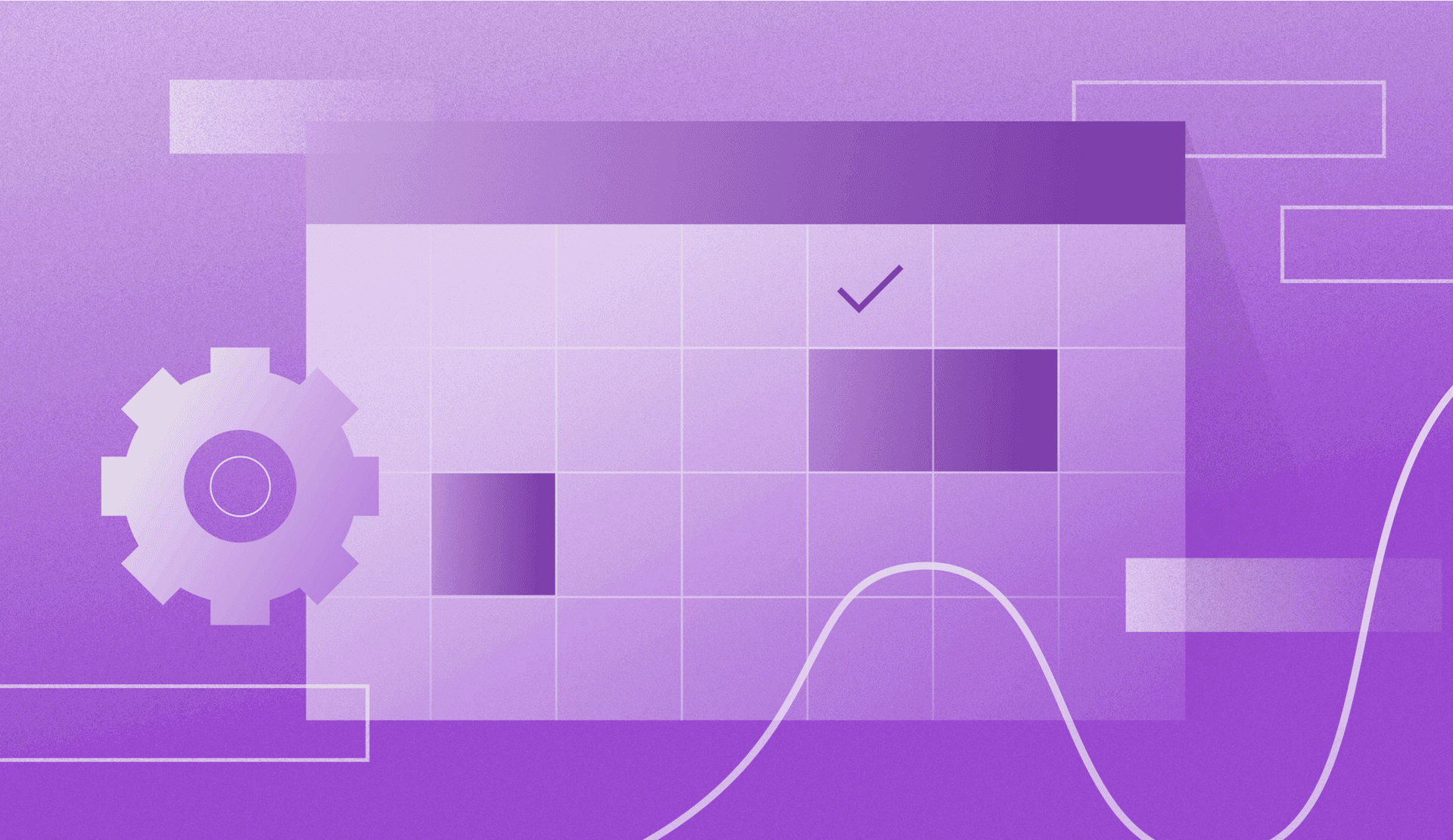The narratives of quiet quitting, developer burnout, psychological safety, and cognitive load are striking a nerve with today’s DevOps workforce. The overwhelming success recently reported in the news from Britain’s four-day workweek pilot program survey further emphasizes the fact that today’s workforce is on the edge of burnout and looking for change.
As DevOps engineers take on additional roles such as becoming an SRE (Site Reliability Engineer) or learning yet another Kubernetes-based platform tool, when is it just too much to handle?
Recently, I had the opportunity to co-author a paper published in IT Revolution’s DevOps Enterprise Fall 2022 Journal, titled "The Role of a Platform: Enabling Full-Stack Software Engineers to their Fullest Potential."
The topic, suggested by Fannie Mae, was around the adoption of a standardized platform to support a “You Build It, You Operate It” (YBYO) model and how that might impact a developer’s cognitive load.
Preventing burnout
Coincidentally, at the time the topic was suggested, LaunchDarkly was in the process of rolling out a new system for on-call coverage. (YBYO frequently leads to also being on-call.) Our company was founded by two developers that wanted the core focus of the organization to be making developers' lives easier. And we literally eat our own “dogfood” (actually called “catfood,” internally) when it comes to our recommendations on DevOps processes and use of our product.
Ideally, developers' lives at LaunchDarkly are continually improved as we create new product features and refine our DevOps processes. However, we reached the tipping point this year for being on call. We needed to ease the stress of those on call and spread out the hours to as many as possible so that we could reduce burnout. Seeing our company go through a fairly significant transition in this area felt like a natural fit to be able address some of the "gotchas" and best practices in the IT Revolution paper.
Around the same time, we also had just commissioned a study to survey 500 developers to examine the link between psychological safety and increased innovation. As my colleague, Anna Baker, points out during the on-call process change, “one of the most important aspects is to have an engineering culture that fosters learning and psychological safety”. The survey results and processes we were putting in place seemed to support many of the topics addressed in the "Role of the Platform" paper.
For instance, one area addressed in the "Role of the Platform" paper is around the ways management can identify their team’s cognitive load to proactively prevent burnout. We state that management should beware of misguided metrics—such as lines of code or number of modules developed—but look for more informal signals that cognitive load is higher. Some things to consider are employee attrition rates, overall flow and quality of work, and even the percentage of developers volunteering for additional tasks.
LaunchDarkly’s off-hours, on-call rotation is still volunteer-based (now with bonus pay for on-call hours). Anna’s blog post describes her experience as a newly on-call engineer taking new risks but with support from management.
Our developer volunteerism is a metric we could gauge over time. Another option mentioned in the paper to track Anna and other’s happiness might be to use a more formalized process and periodic surveys, such as the "Engineering Experience Feedback Survey" provided in the "Remote Team Interactions Workbook" by Matthew Skelton and Manuel Pais.
Understanding the psychological state of our developers and monitoring over time can ease the burden of the YBYO model, including on-call resourcing, to ensure developers are not unduly pressured and have high job satisfaction.
Benefits of risk and experimentation
Risk and experimentation are additional concepts discussed in detail in our psychological safety survey. We found there are three essential practices that can help your organization increase confidence, risk-taking, and overall performance:
- Smaller, more frequent deployments that help to improve confidence
- Leaders fostering a culture of healthy risk-taking with psychological safety
- Developers feeling rewarded for experimenting
"The Role of a Platform" paper addresses experimentation as it relates to mandating platform usage. In short, management needs to find that happy medium between standardization and flexibility so that engineers can still experiment and be innovative.
Platforms should provide a path to experimentation, customization, and evolution. If the platform is easier to use than an alternative, common sense is that more people will use it. Because more people use it, more people have experience with the components and can help each other, create tooling to make things even easier, and more. And all this in turn helps reduce cognitive load which leads to even more experimentation and innovation.
Both publications provide a lot more insight and tips around the struggles of cognitive load and job satisfaction for DevOps professionals. For additional information on these topics in detail, find the complete articles at the links above, or check out the entire IT Revolution Fall 2022 journal here. As for LaunchDarkly engineers like Anna, we hope to keep eating our “catfood” and take some of the points in these articles to heart to continue to improve the happiness and job satisfaction of our engineers.





